Health
-
Stay Hydrated: New Sensor Knows When You Need a Drink
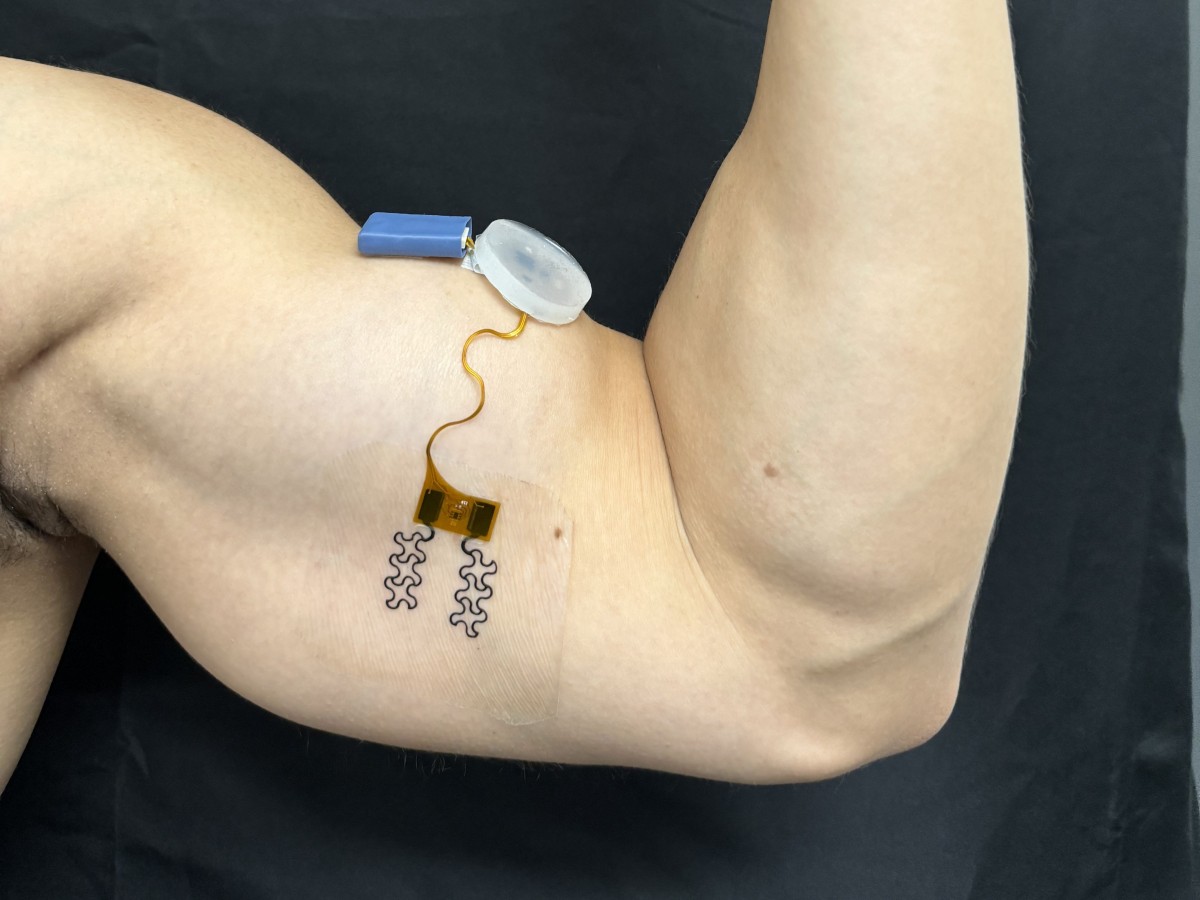
Researchers from The University of Texas at Austin invented a new non-invasive, wearable sensor designed to measure a user's hydration levels continuously, in real time.
-
No Bones About It: New Details About Skeletal Cell Aging Revealed
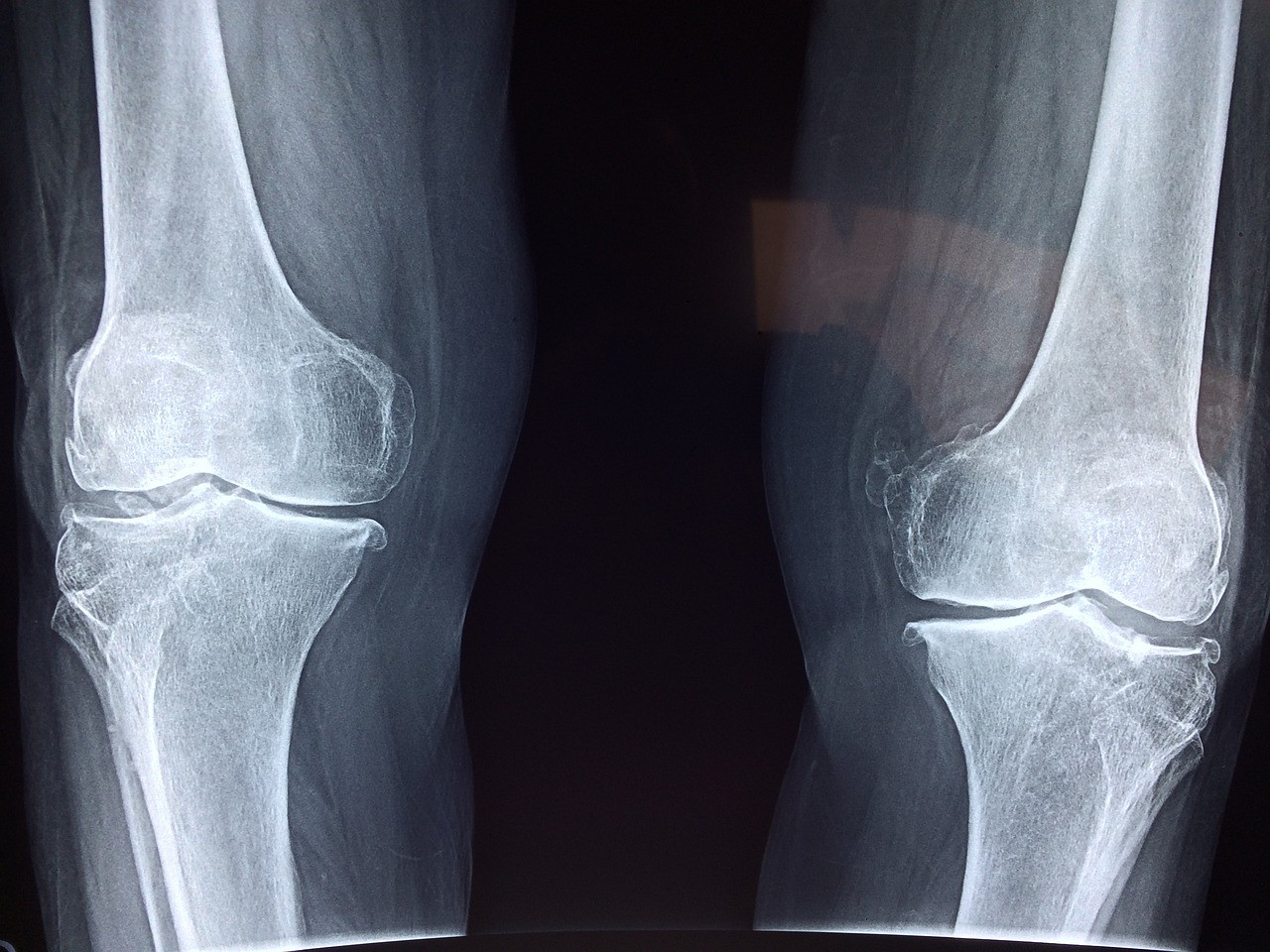
Scientists and researchers around the globe are investigating a series of mysteries about what happens to our bones over time. In a new study, a team led by The University of Texas at Austin, in collaboration with Mayo Clinic and Cedars-Sinai Medical Center just made a major break in the case.
-
New Research Boosts Future Whooping Cough Vaccines
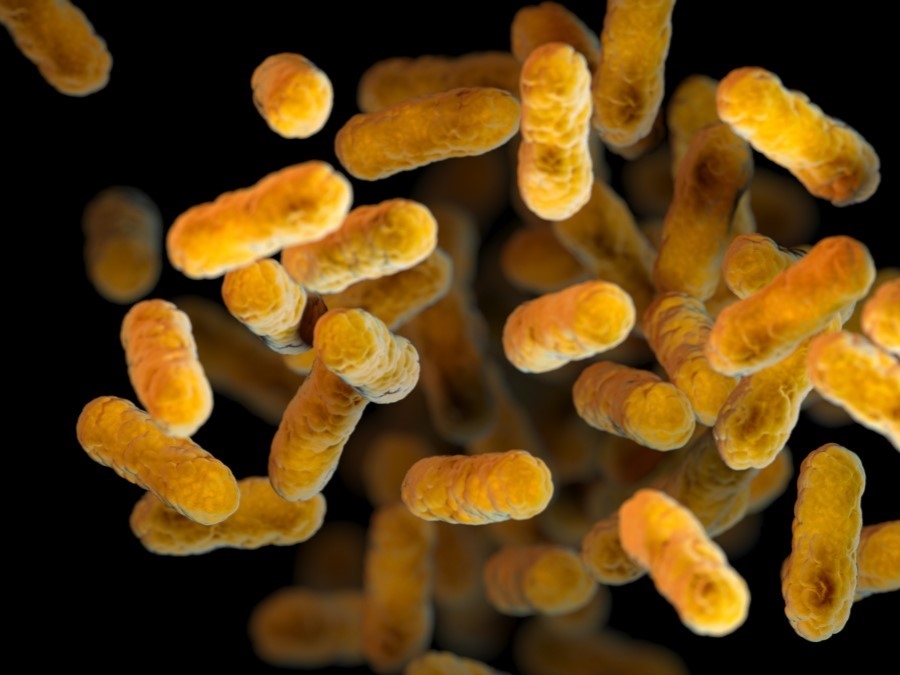
New research from The University of Texas at Austin could aid in improving whooping cough vaccines to once again push this disease toward eradication by targeting two key weaknesses in the infection.
-
Norovirus-Neutralizing Antibodies Open Door to Vaccine
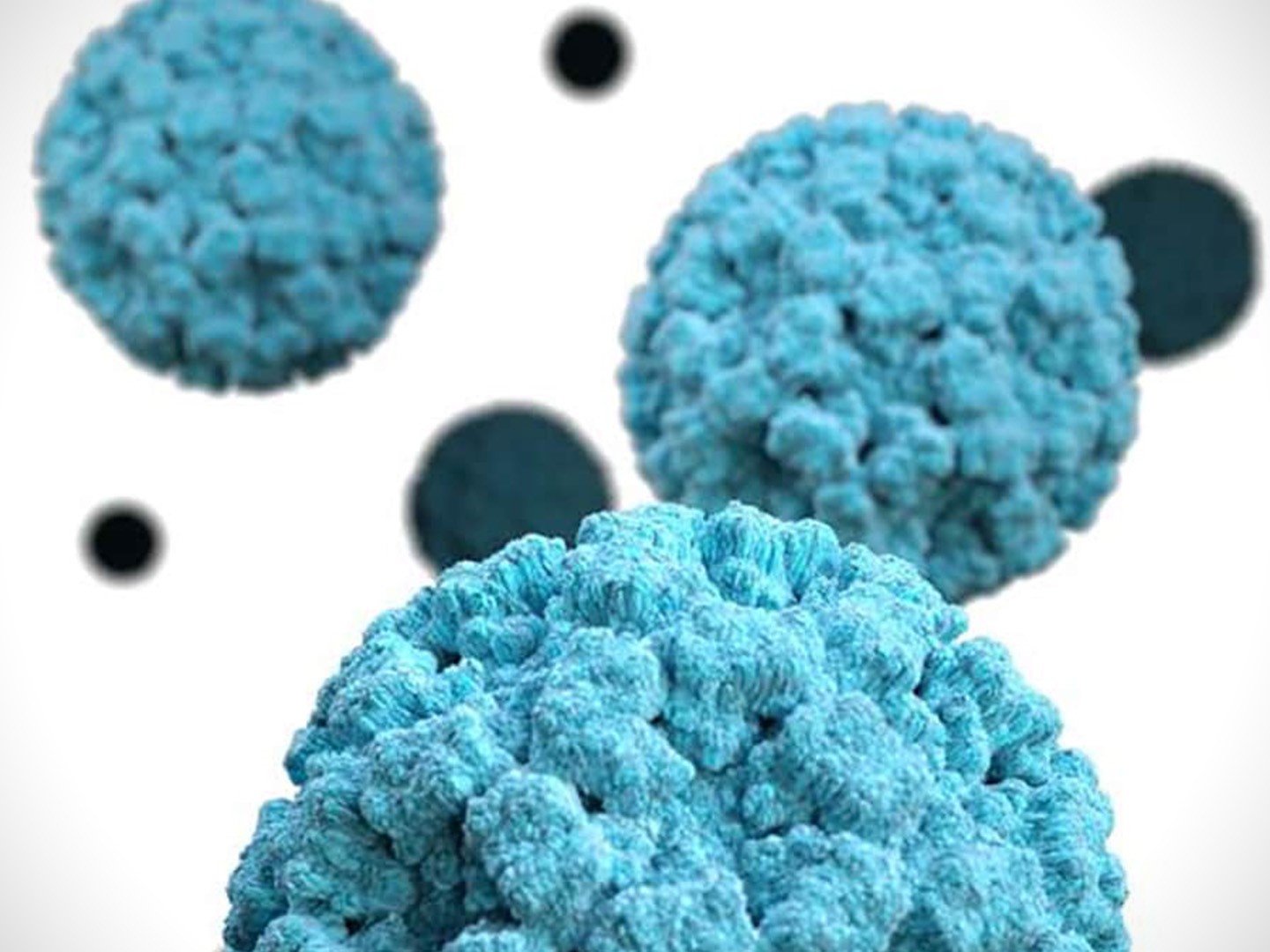
Researchers at The University of Texas at Austin have discovered a strategy to fight back against norovirus, a leading cause of gastroenteritis worldwide.
-
Engineering a Better Athlete
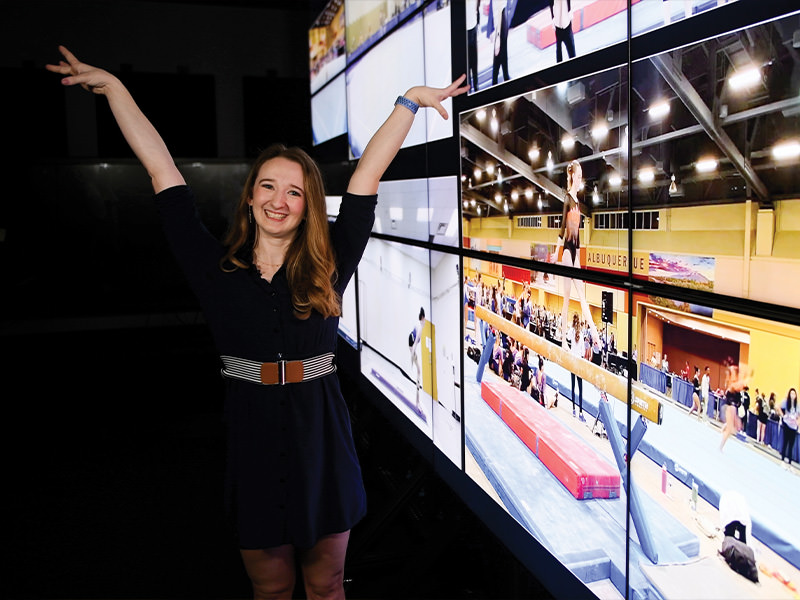
Ella Small knows how to make a big impression, at the doctor’s office and on the balance beam.
-
The Evolving Landscape of Non-Invasive EEG Brain-Computer Interfaces
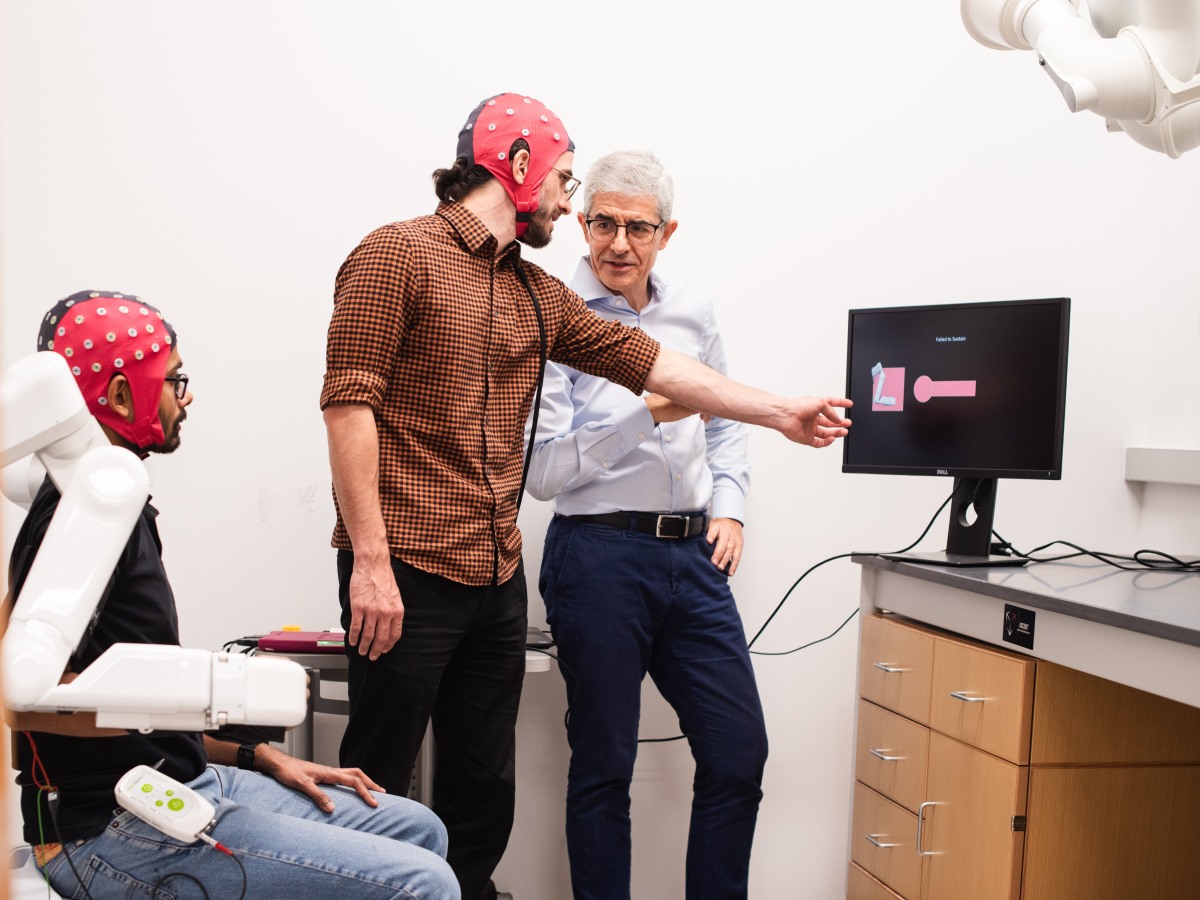
Exploring the state of the art in non-invasive brain-computer interfaces, focusing on use cases in clinical rehabilitation and the advancements in related supporting technologies.
-
Printed E-tattoo Ink-credible at Reading Brainwaves
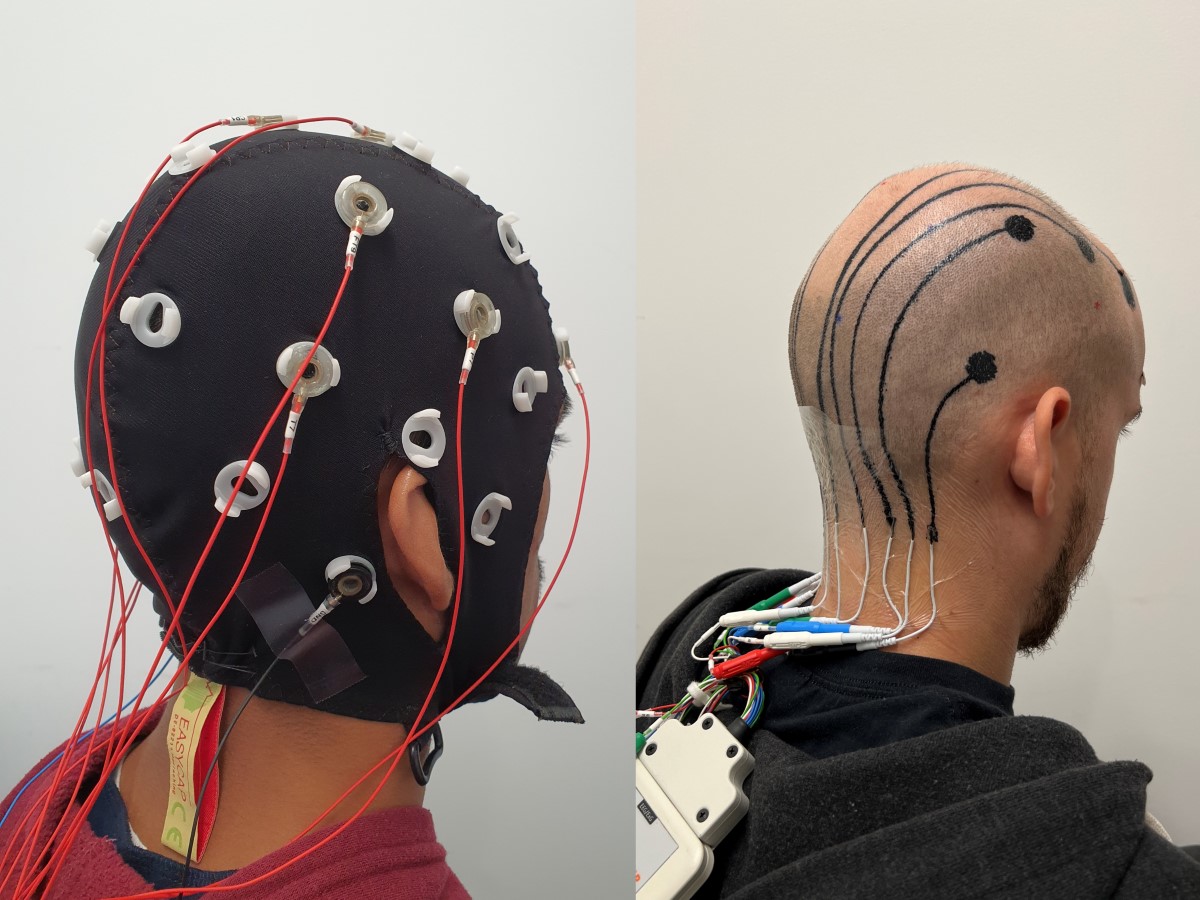
Texas Engineers developed electronic tattoos using conductive ink that can be printed directly on the surface of a patient's head and measure their brainwaves.
-
This Enzyme Plays a Key Role in Protecting Cells from Aging and Disease
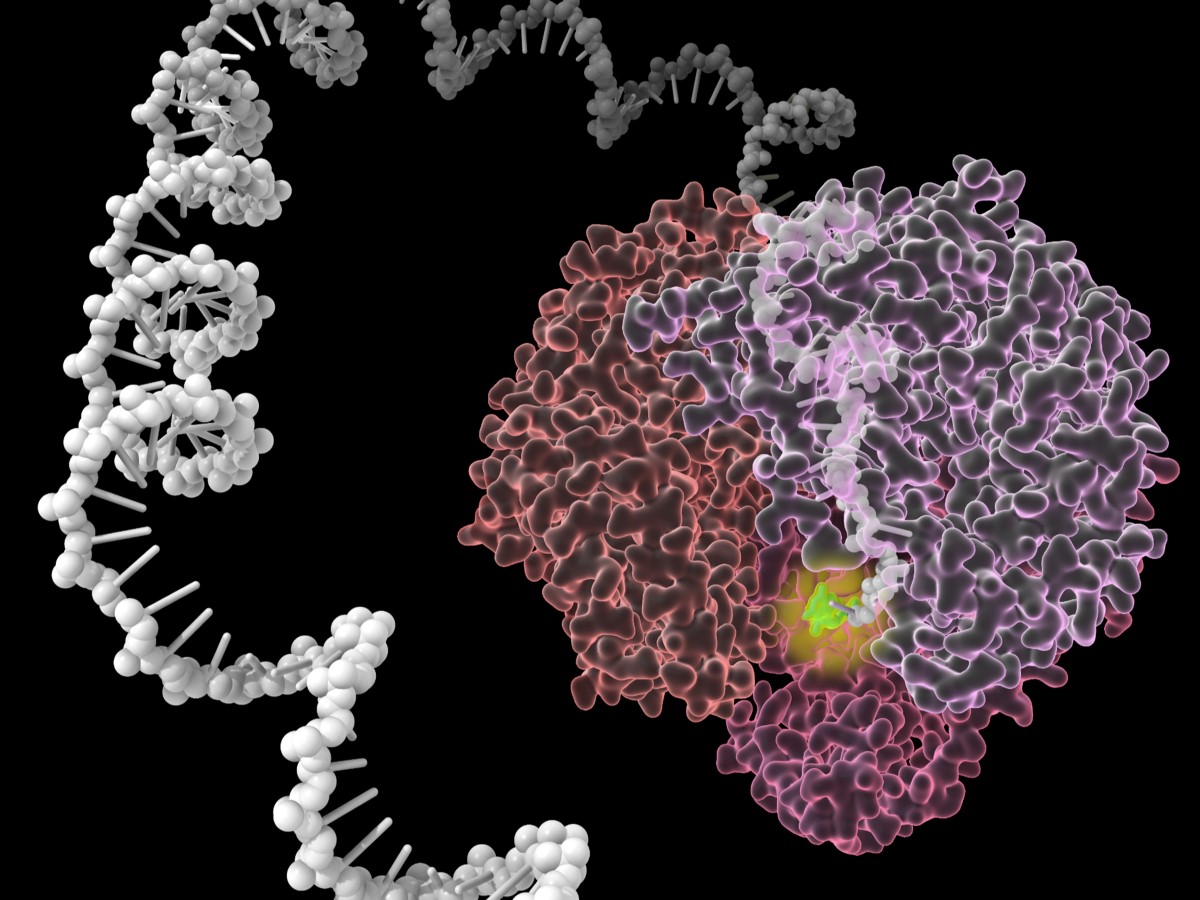
Researchers from The University of Texas at Austin discovered important information about an enzyme that can protect cells from oxidative stress, a condition linked to sources like air pollutants and cigarette smoke that can damage organs and contribute to various diseases and accelerated aging.
-
Newly Discovered Antibody Protects Against All COVID-19 Variants
Researchers have discovered an antibody able to neutralize all known variants of SARS-CoV-2, the virus that causes COVID-19, as well as distantly related SARS-like coronaviruses that infect other animals.
-
Next-Level Breast Reconstruction After Cancer

Texas Engineers are part of a multi-institutional research team designing custom molds for breast cancer patients who undergo reconstructive surgery.
-
Infant Innovation: Iman Salafian's Collaborative Approach to Medical Devices for Newborns
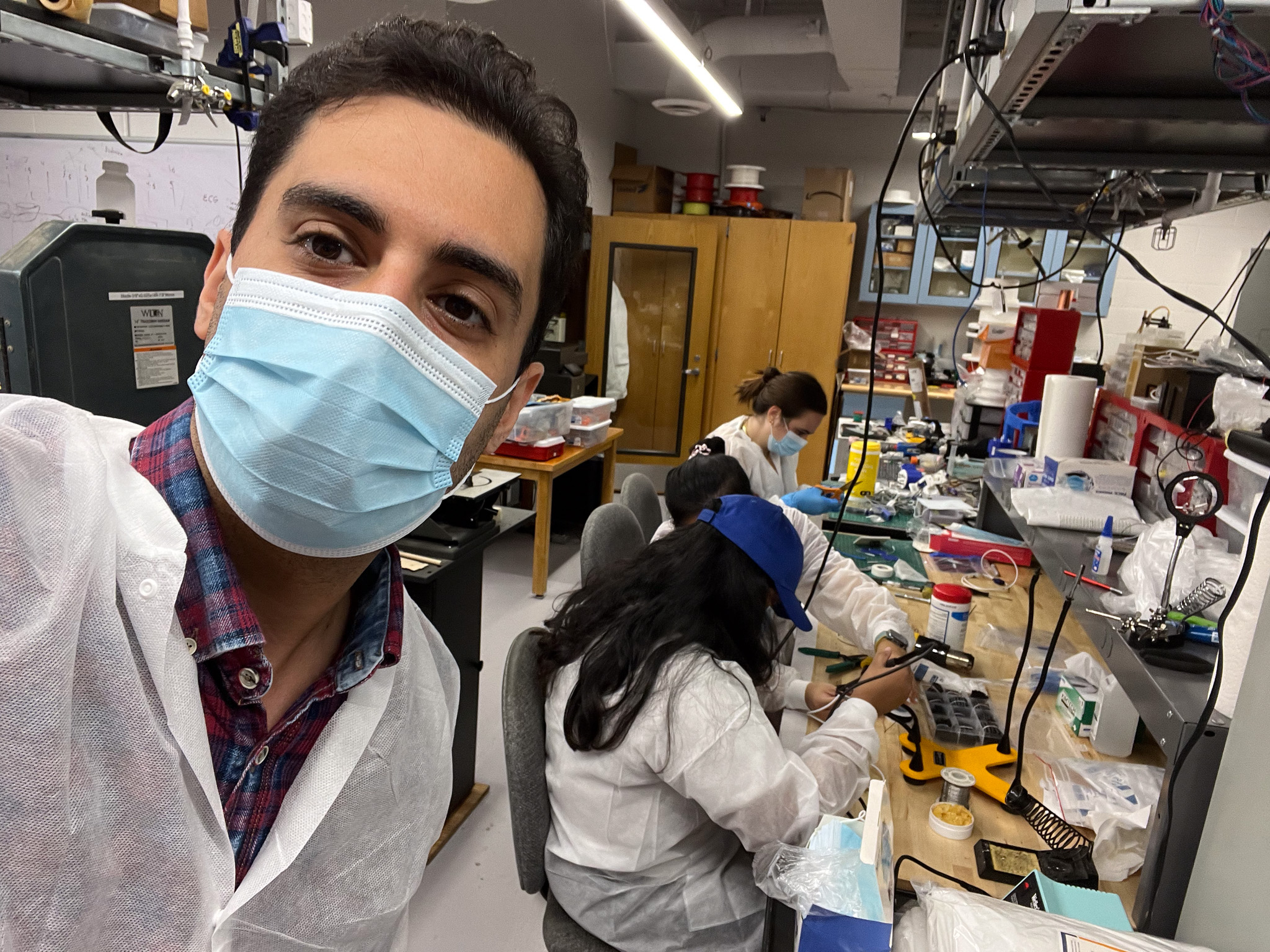
Iman Salafian is driven to improve care for newborn babies, leading two collaborative startups that emerged from a medical devices course.
-
Surgineering
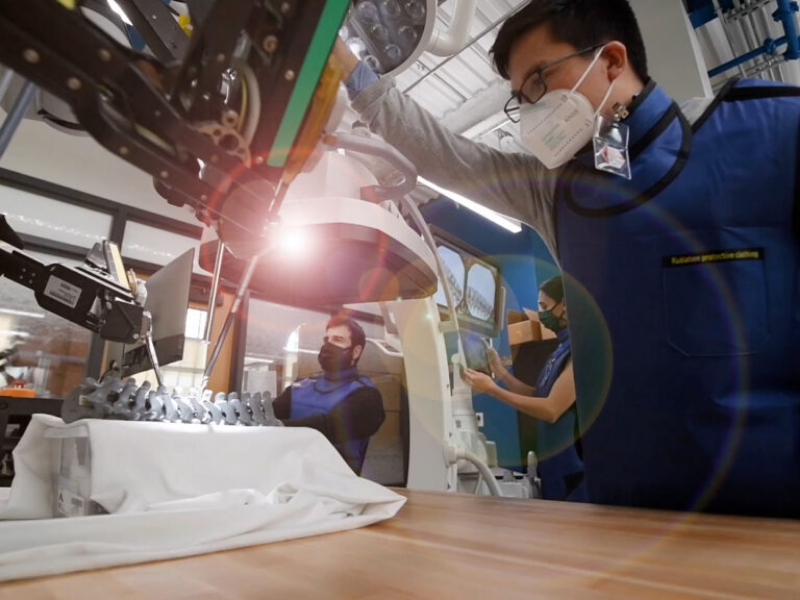
Engineers and surgeons at UT come together to improve the patient experience
-
How COVID-19 Helped Put UT Therapeutics on the World Map

Researchers at UT Austin became the first to decode and map the structure of the spike protein of the novel coronavirus, the part that allows SARS-CoV-2 to enter human cells.
-
New D.E.A.L.
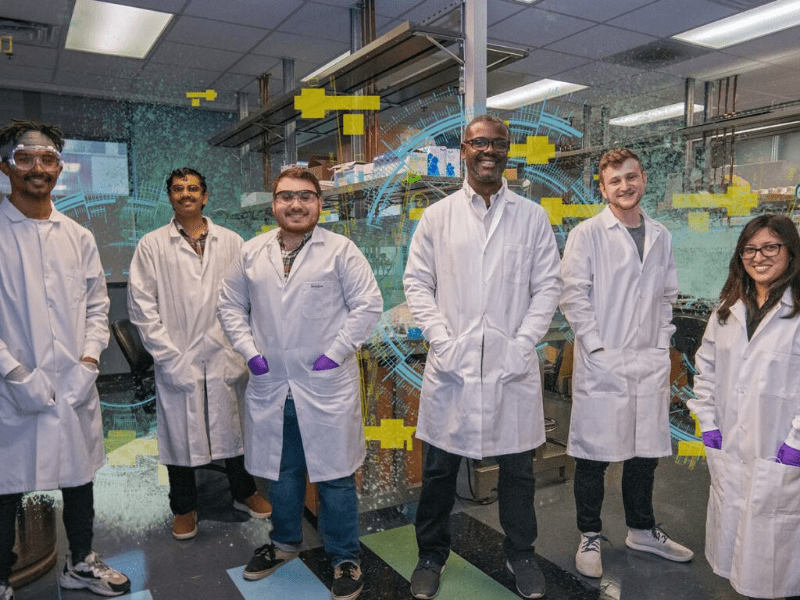
If we can change how people perceive engineering, we can create a snowball effect.
-
Starting From Scratch

Dr. Clay Johnston, dean of the Dell Medical School, gives his perspective on health challenges facing society and the role engineers play in improving health care.
-
Extreme Measures: 5 Questions with Lydia Contreras
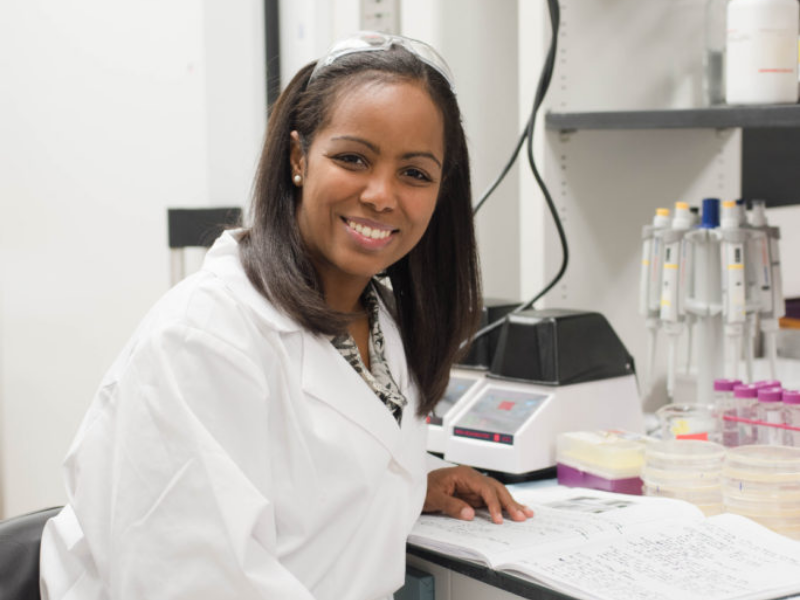
Lydia Contreras discusses how her work on cellular engineering could affect human health.
-
Engineering and the Brain
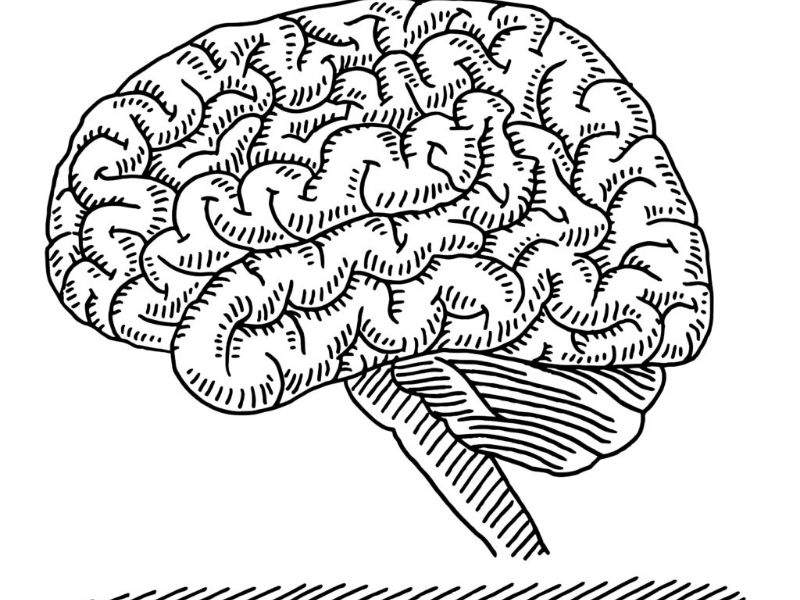
Teams of faculty and students are focusing on the brain — drawing on their problem-solving skills and creating new technologies to tackle, among others, four of the most common life-threatening brain conditions.
-
Delivering a Better Life
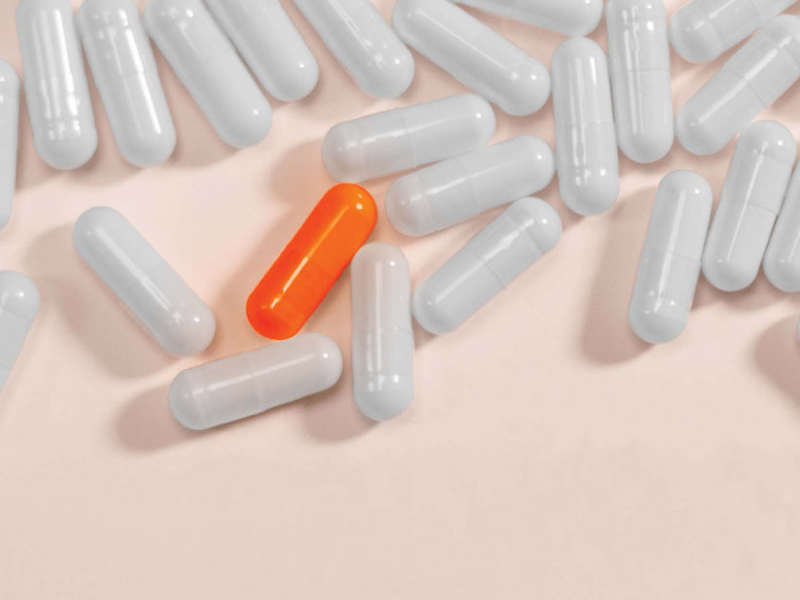
Driven by both personal and professional motivation, Texas Engineers are advancing drug delivery.
-
Doing a World of Good
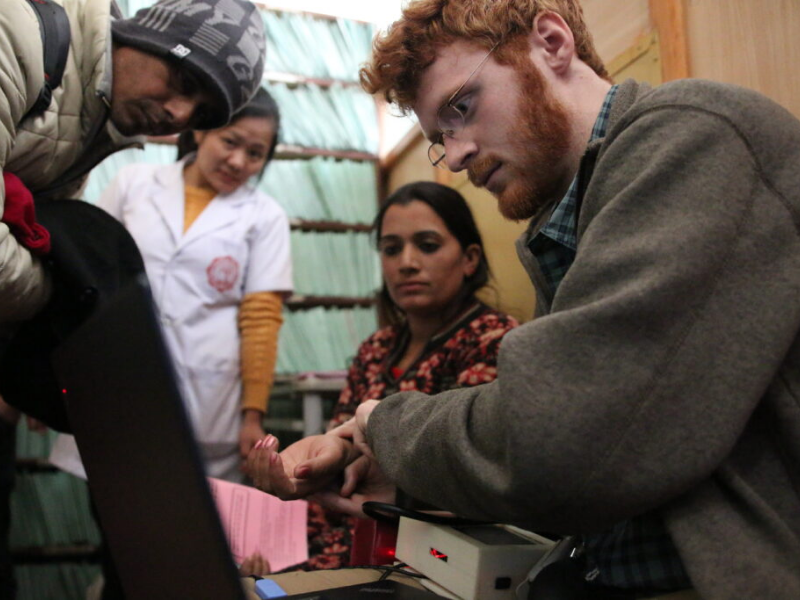
Reece Stevens was determined to build a new patient monitor that could be manufactured less expensively and in higher quantities.
-
New View
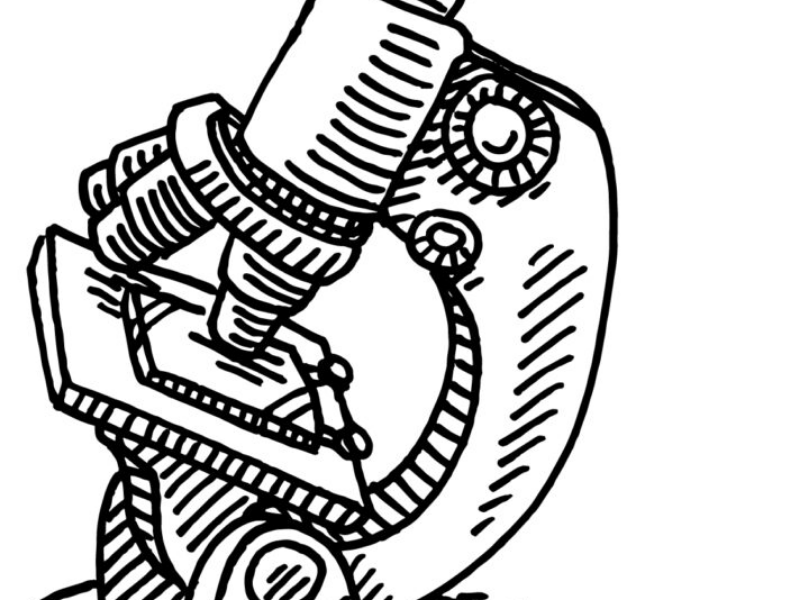
A new, advanced, light-based microscope invented at UT Austin offers a glimpse deep inside living cells.







